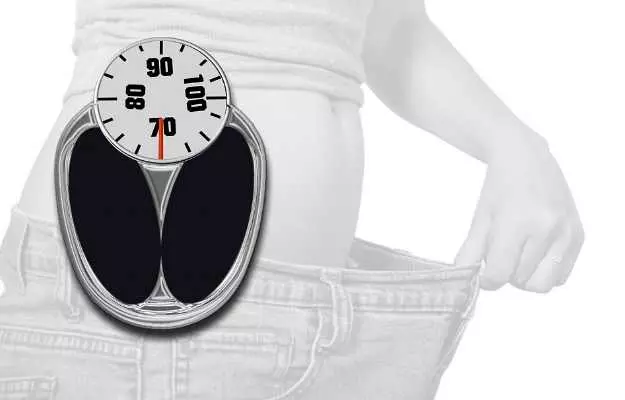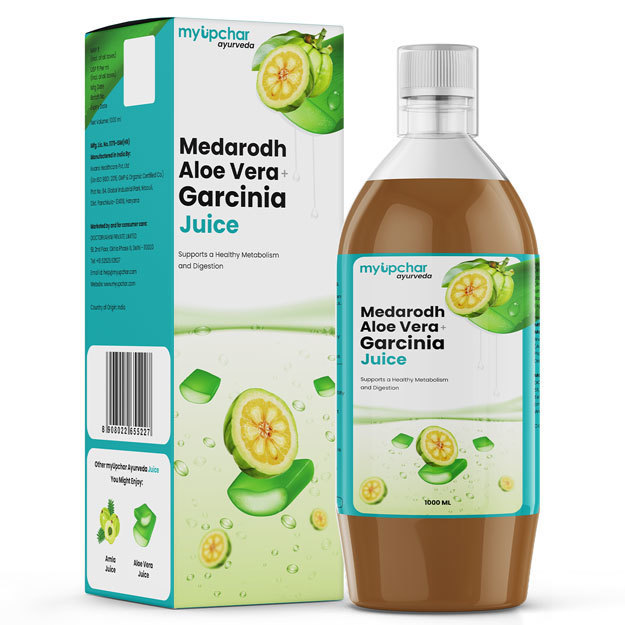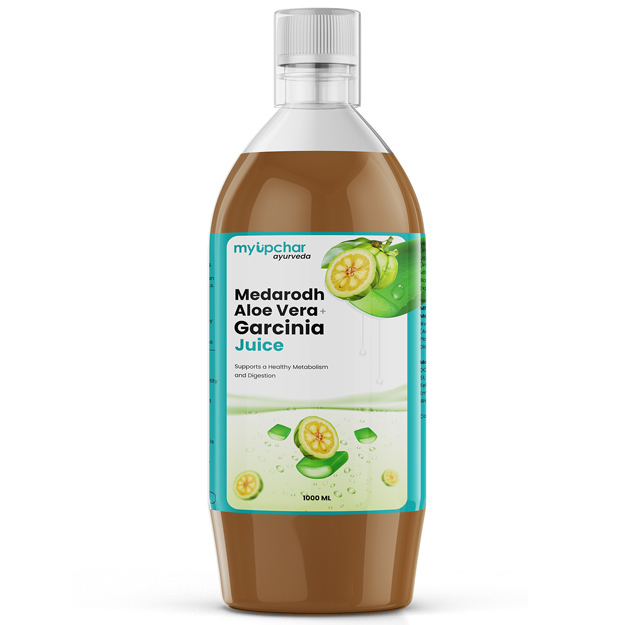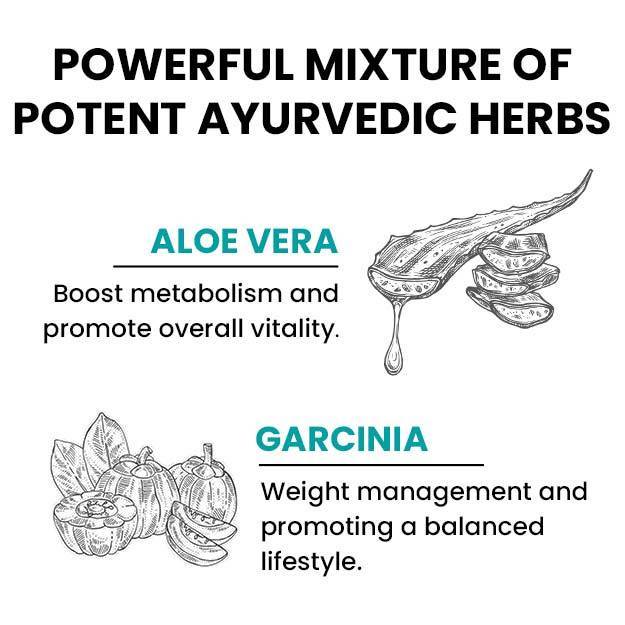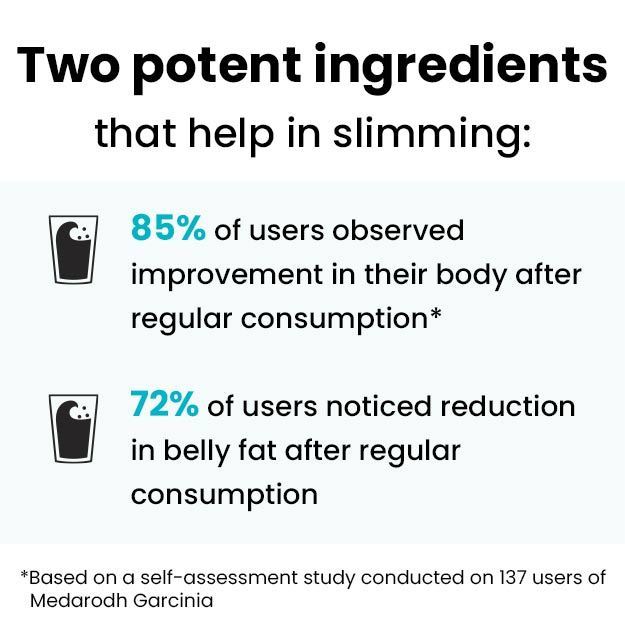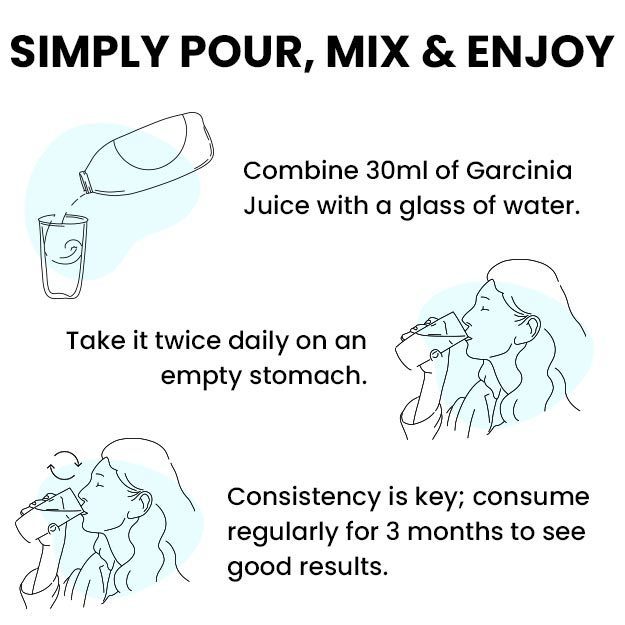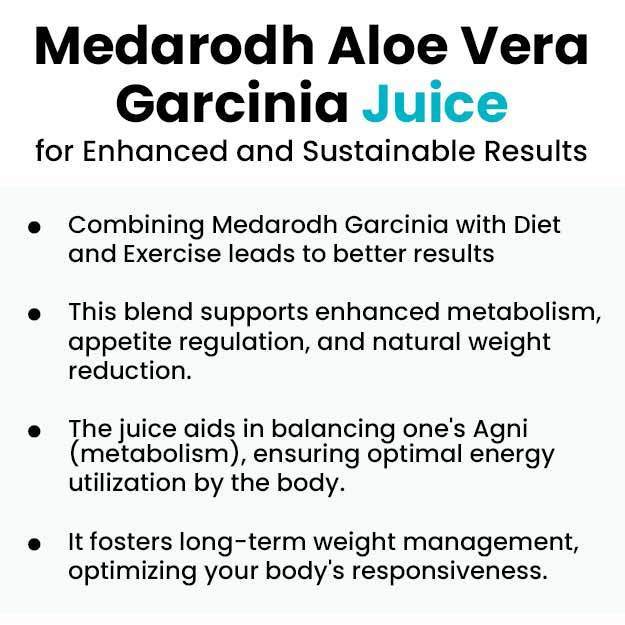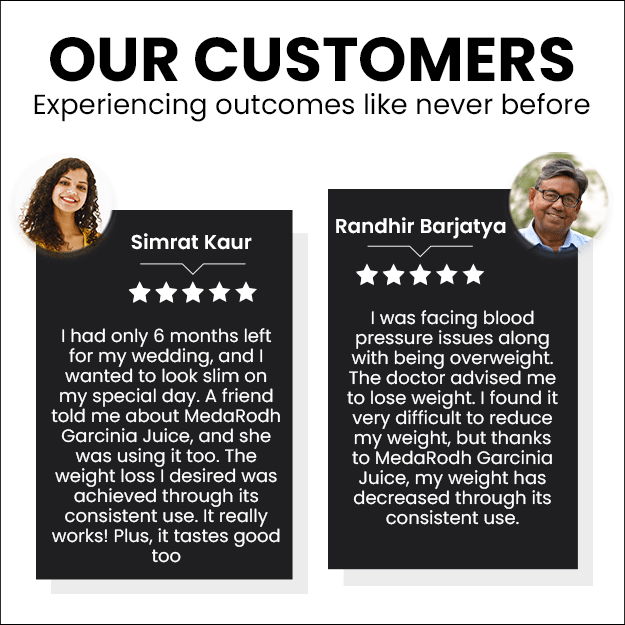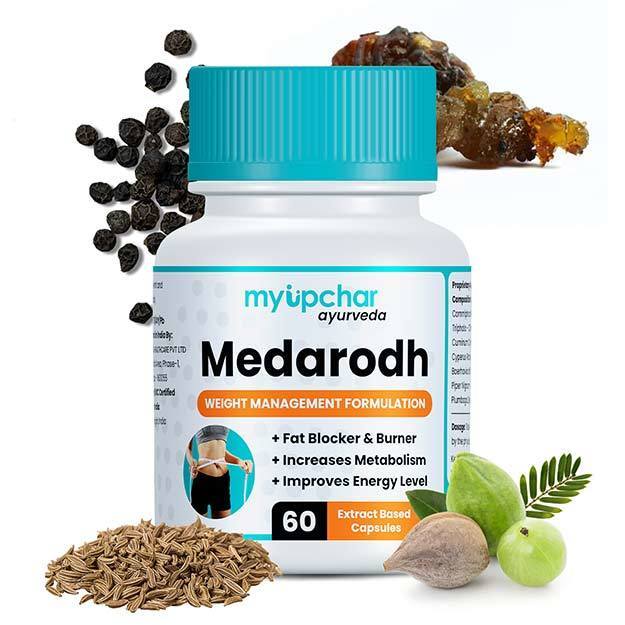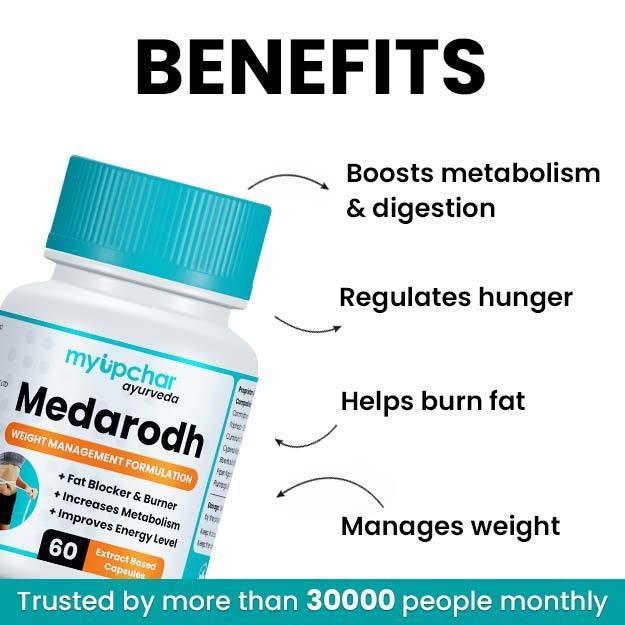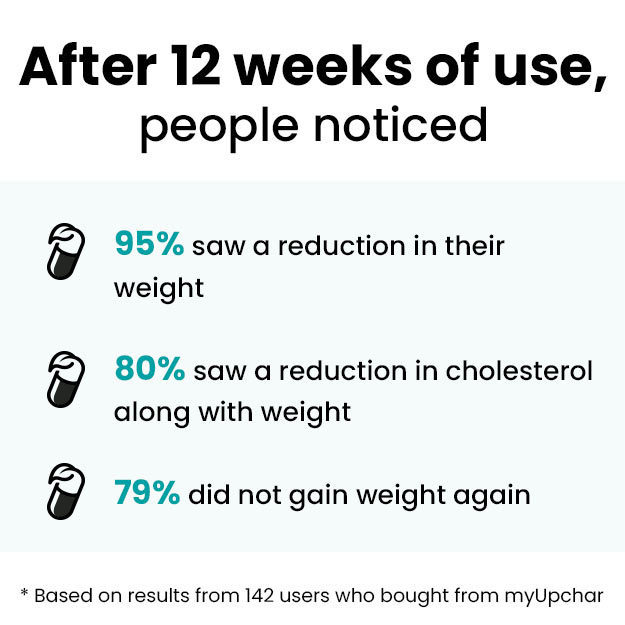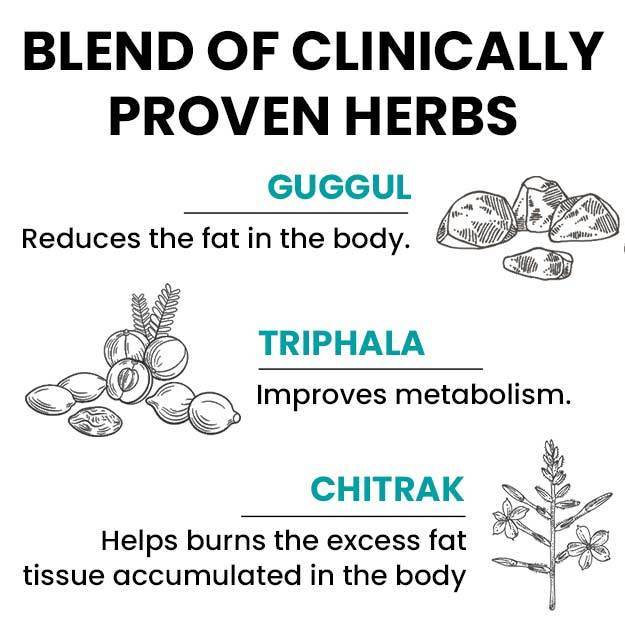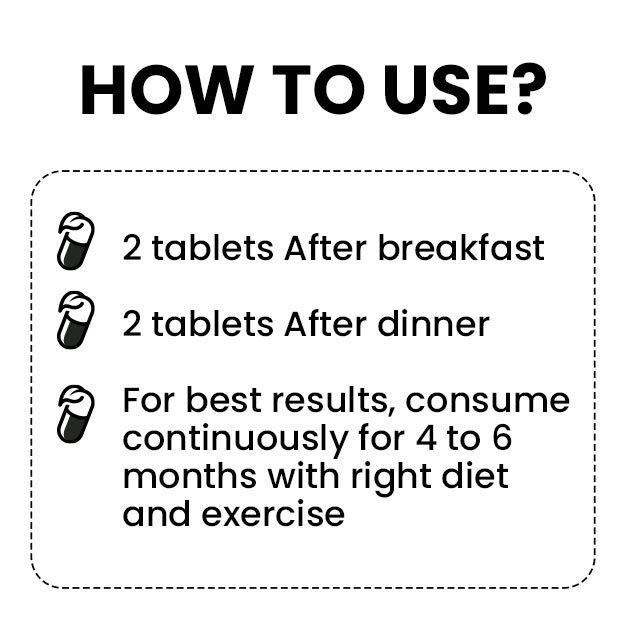Weight loss is an extremely personal journey. The thought of losing inches from the waistline may be a fitness goal for some while others may do it for the various health benefits that come with it. Whatever your reasons might be, as human beings we have an incessant desire for instant gratification. We want to see the difference and we want to see it fast. This thought process, however, may prove counterproductive when it comes to losing weight.
Here is the complete detail about weight loss treatment.
If you have been trying to lose those extra kilos or inches for a while and can't notice the results yet, chances are you have taken up misguided advice. Here are some common mistakes people make while trying to shed weight.
(Read More - Obesity treatment)

